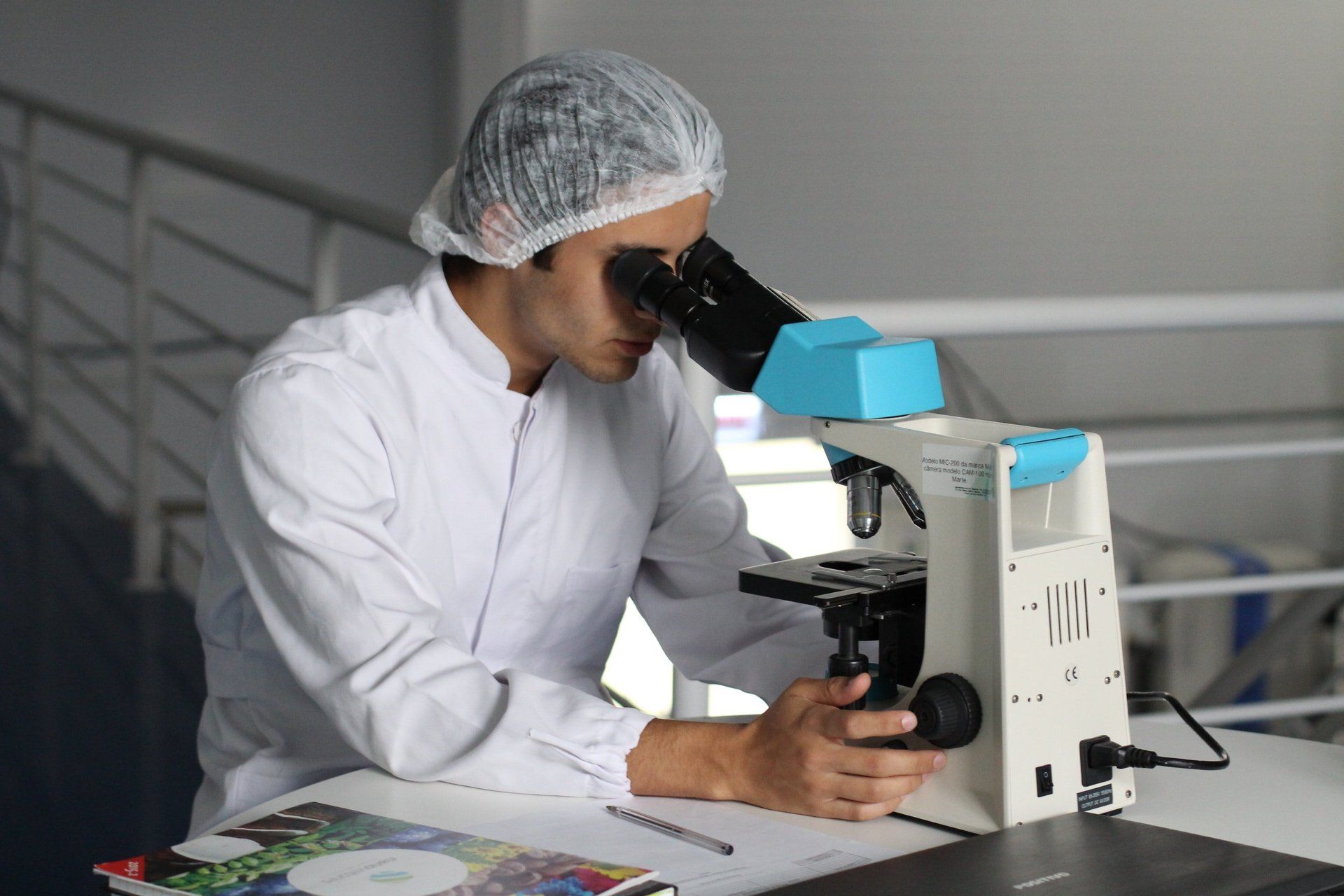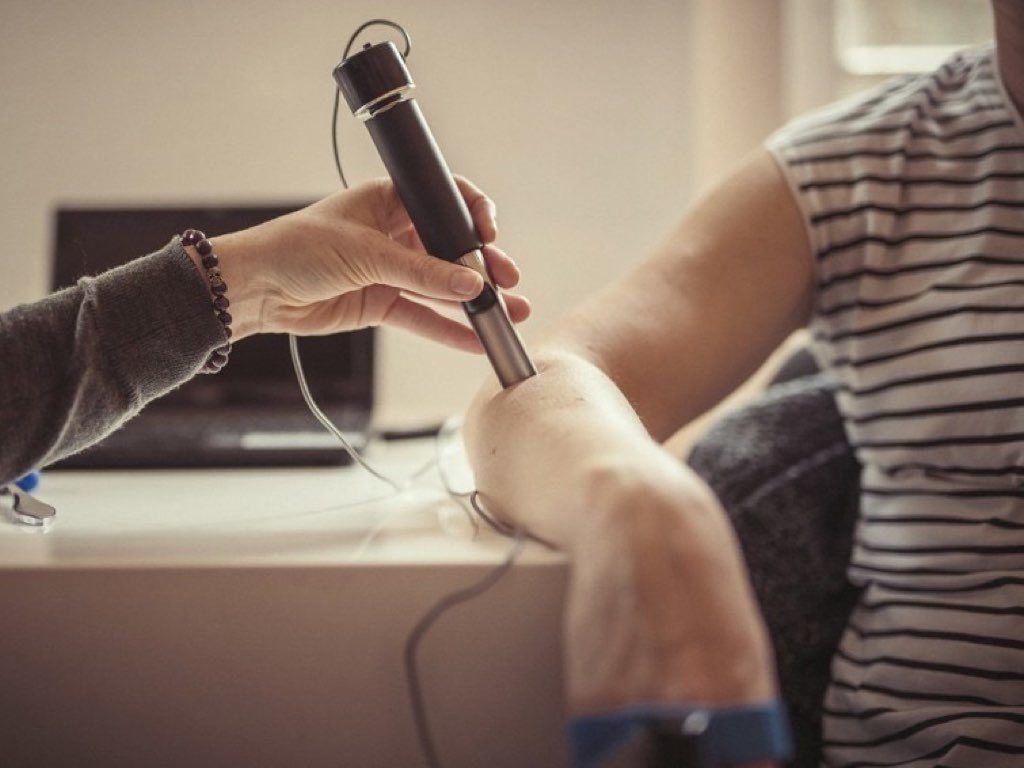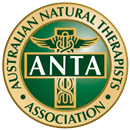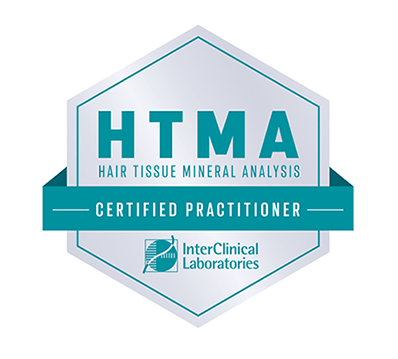Why Thyroid Issues Persist
Why Thyroid Issues Persist - Even after "Normal" Test Results
I see a lot of patients with thyroid-related symptoms. Often they’ve come to see me after having their thyroid tested and being told their results are normal. Unfortunately their symptoms continue and they don’t feel normal at all!
Generally speaking, when you go to your GP to have your thyroid tested, often it’s only the TSH (thyroid stimulating hormone) levels that are measured, and this alone is used as a diagnostic marker to determine overall thyroid health.
Whilst TSH levels can provide an indication of thyroid health, when measured in isolation it simply does not give enough information to provide a complete picture of the complex nature of Thyroid function.
What is the Thyroid Gland?
The thyroid is a gland, shaped like a butterfly, situated at the front of the neck. It is a powerful control centre for many important body functions, manufacturing hormones that regulate heart rate, digestion, body temperature, and even breathing.
People experience issues when there’s either too much or a shortage of thyroid hormones being produced, but TSH testing alone can miss the majority of thyroid-related problems.
Up to 1 in 8 people live with thyroid related issues, and it is quite possible to be experiencing the symptoms of an underactive thyroid, while having normal levels of TSH.
Underactive Thyroid Symptoms
Some of the common symptoms of an underactive Thyroid (Hypothyroidism) include:
- Extreme fatigue
- Hypersensitivity to cold
- Prolonged dry skin
- Weight gain
- Puffy eyes and/or face
- Poor memory/concentration
- Muscle weakness or low muscle tone
- Persistent jaundice (yellowing of eyes or skin)
- Missing periods but not pregnant
- Hoarseness of voice
- Hair loss
- Depression
- Muscle cramps
- Constipation
Overactive Thyroid Symptoms
Some of the common symptoms of an
overactive Thyroid (Hyperthyroidism) include:
- Sudden and unexplained weight loss
- Irritability, anxiety, or nervousness
- Increased sweating
- Rapid heartbeat
- Tremors in the fingers and hands
- Thinning skin
- Trouble sleeping
- Growing heat sensitivity
- Fine or brittle hair
- Feeling tired all the time
Are you still Experiencing the Symptoms above?
If you are experiencing several of the above symptoms and yet your TSH levels have tested within the normal range, there is more comprehensive testing available that enables a detailed analysis and a more complete diagnosis of thyroid health.
Comprehensive Testing of Thyroid Function
The signs and symptoms listed above are very important clues as to what might be going on with your thyroid. A thorough consultation to discuss your specific symptoms, together with a blood test to investigate levels of TSH, T4, T3, rT3 hormones and thyroid antibodies, is recommended to get the full picture of your thyroid health.
How Stress contributes to Thyroid Issues by increasing Reverse T3 Levels
Reverse T3 (rT3) is one of the hormones produced by the thyroid and increased levels of this hormone may explain why you feel terrible even with ‘normal’ TSH test results. It can also help to explain why those being treated for thyroid issues might never feel quite right on any dose of thyroid hormone.
Reverse T3 is manufactured from thyroxine (T4), and it’s role is to block the action of Triiodothyronine (T3), the active thyroid hormone. T3 specifically supports brain function, heart function, and digestion, and it also plays a role in your metabolic rate and bone health.
The body produces a small amount of rT3 under normal circumstances, however, periods of persistent and prolonged stress can cause an increase in cortisol levels in the body. High cortisol levels then inhibit the conversion of T4 into T3, and then T4 is shunted toward the production of the inactive rT3. High levels of rT3 have the effect of slowing the metabolism - the primary function of rT3 is to be a ‘brake' on the metabolism during times of extreme stress.
This explains how the knock on effect of prolonged stress ultimately can result in low levels of T3 within the cells, which causes the cells of the body to produce an inadequate amount of energy, creating the symptoms related to hypothyroidism.
Stress comes in many forms, and you may not consider yourself to be under stress, but inflammation, low calorie dieting, nutrient deficiencies including iodine, zinc, selenium and iron can also contribute to elevated rT3.h.
What Treatments are available for Thyroid Problems?
Every major system in the body is affected by the thyroid gland so when the thyroid isn’t functioning correctly, it’s easy to see how your quality of life can quickly deteriorate.
When TSH test results indicate normal thyroid function, but symptoms persist, seeing a Naturopath for more comprehensive testing will help to get a clear picture of what is really going on with your thyroid. This then allows for a targeted treatment plan to address the specific issues that are creating your symptoms.
Treatments can include specific herbal remedies to support the thyroid and overall endocrine (hormone) system, together with supplements to correct nutritional deficiencies resulting from ongoing thyroid dysfunction. With a combination of herbs and supplements to support thyroid function and normal hormone balance, symptoms are reduced and patients feel much better!
Book with me below.

Lesley Oakes ND, ABAAHP
Lesley is a Perth based Naturopath with over 26 years experience. Known for her caring, professional manner and a long history of successfully treating patients, Lesley is a Fellow of the Australian Natural Therapists Association specialising in thyroid issues, hormone imbalances, skin problems and general well-being.
Lesley specialises in the following
- Thyroid related health problems
- Hormone related health issues
- Skin health & skin related problems
- Anti-Ageing (healthy ageing from within)
Perth Naturopath Blog
















